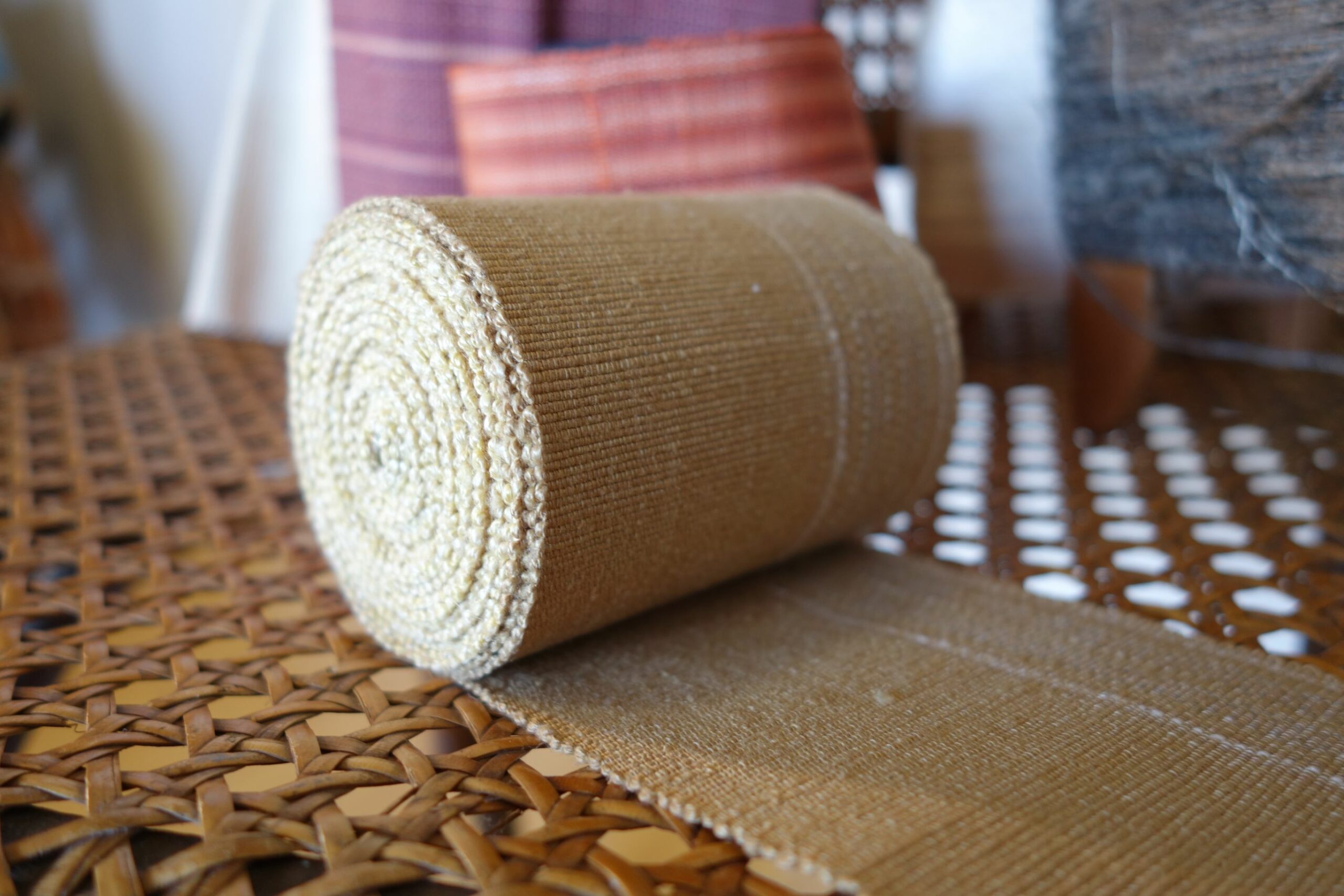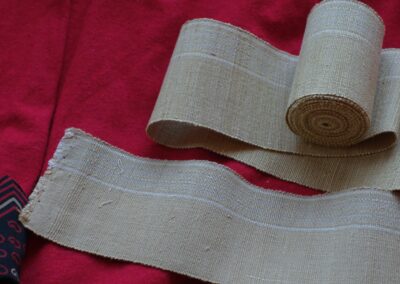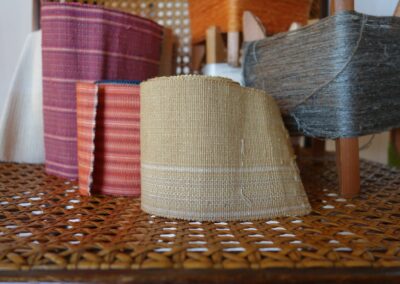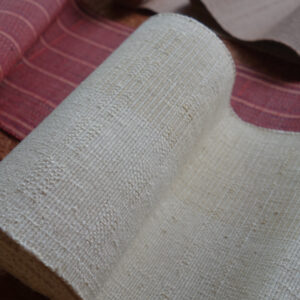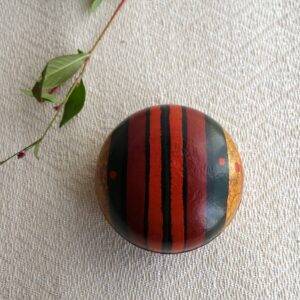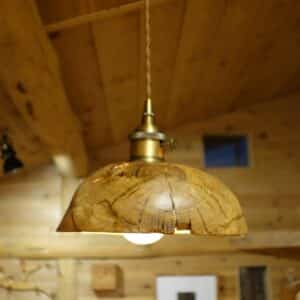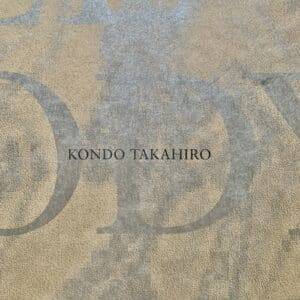Obi Yellow Beige
Obi (belt) for men. Woven with silk pongee, which manifests in a rather rough, wild texture of the fabric. The bi-colour combination of gentle yellow and beige was achieved through the warp arrangement, divided by a bundle of white threads in between.
Theoretically and formally, obi for women is at least double the width; 17cm (6.7in). But in some regions, such as in the hot and humid island of Okinawa, it is also common for women to wear narrow obi for daily use.
The kimono we see in today’s media or magazines may be overly layered and styled, compared to the time when kimono was really the only option for daily wear. And for that daily use purpose, this narrow obi is perfect.
¥40,000
In stock
Additional information
| Weight | 100 g |
|---|---|
| Dimensions | 380 × 8.5 cm |
| Color | Beige, Yellow |
| Maker | Yoshiko Munehiro |
| Material | Silk |
Full Product Details
Have you ever popped into a kimono shop in Japan, or been given a piece as a souvenir? If you happen to own one of these kimono robes, this obi belt comes in handy when you want to add an authentic touch to your styling with kimono. It’s also nice to wear it with your coat, a dress, wide trousers or a long skirt.
The bi-colour combination of gentle yellow and beige was achieved through the warp arrangement, divided by a bundle of white threads in between.
The material is tsumugi silk pongee, a kind of silk traditionally hand-spun. It utilises every part of silk threads, including bumps and knots, which gives it warmth and a look similar to cotton. This distinctive texture is ideal to use as a belt; wrapping around and tying is easy. For its nature, tsumugi once was categorised as daily wear, not suitable for a formal occasion. Now some of the tsumugi kimono have actually become more expensive than the formal kimonos, for their rarity.
Hanging a favourite piece of textile changes the atmosphere of an entire space. This common practice among fabric lovers should be shared; hang it on your wall or ceiling, or let it spread across your couch. Much easier to switch around than wallpaper.
The more you use it, the texture gets softer, which makes it easier to use. A virtuous cycle there.
Read more about Yoshiko Munehiro
